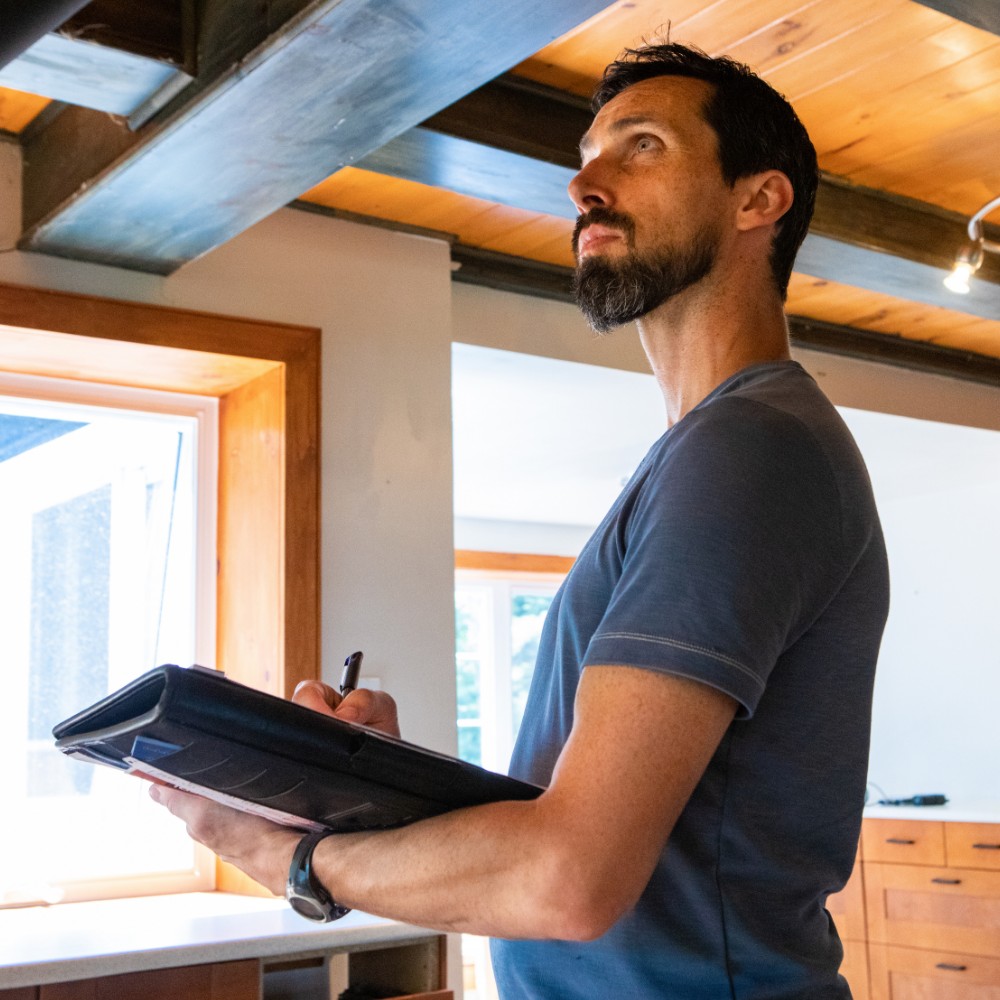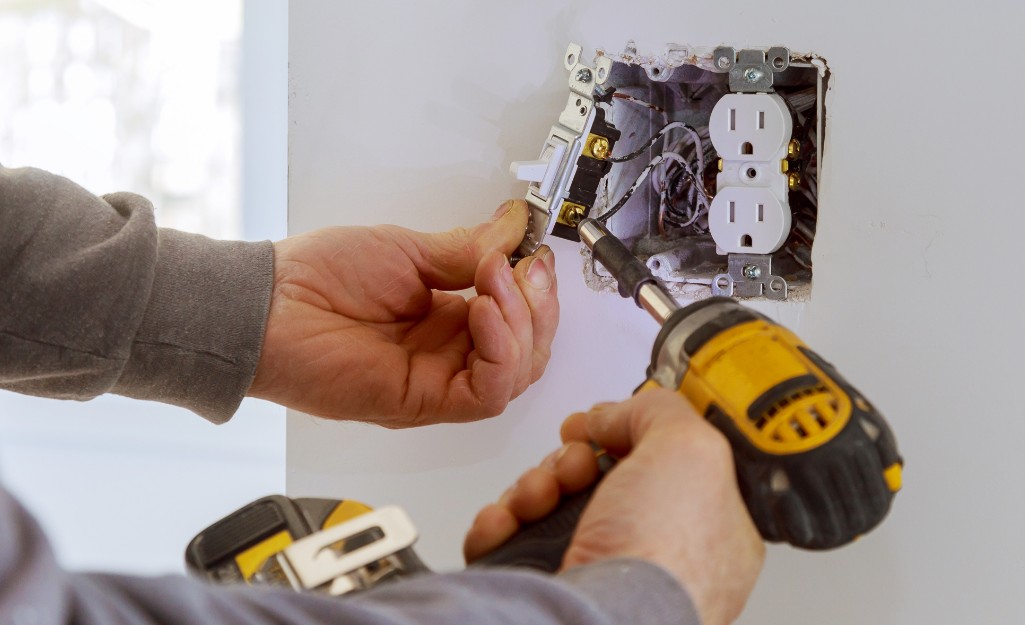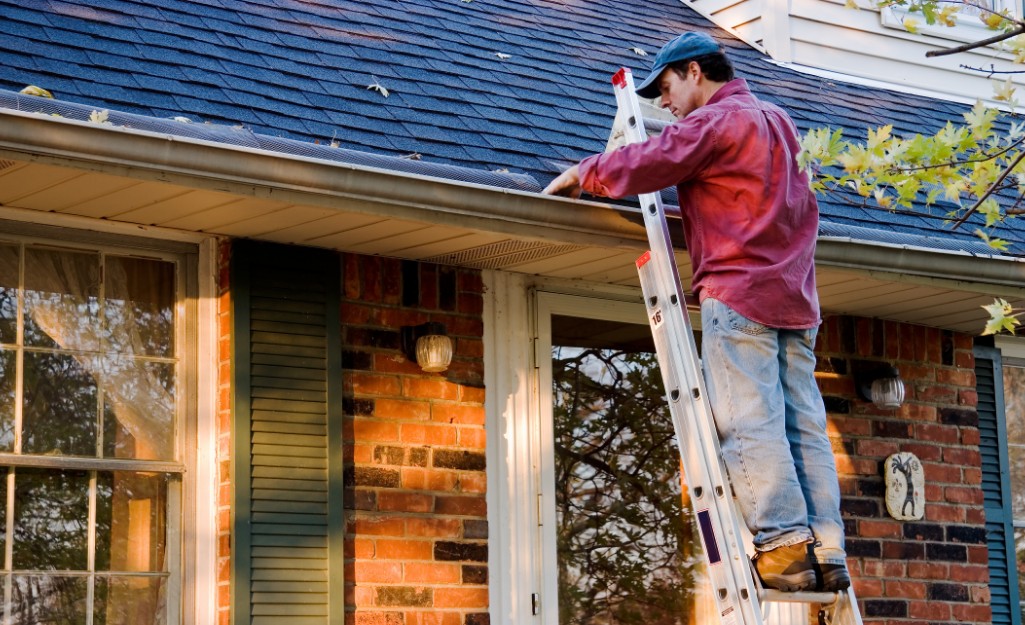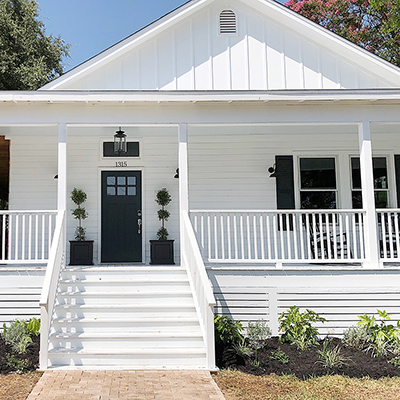How to Prepare for a Home Appraisal

Last updated August 12, 2024
Homebuyers and real estate lenders ensure the market value of homes they wish to buy with home appraisals. Home appraisers review comparable sales as well as
the location, condition and age of the home to determine if the sale price is close to true market value. The buyer and property owner can then renegotiate the sale price and payment for final repairs based on the results of the appraisal.
This guide reviews preparation for a home appraisal, how much an appraisal costs and when a buyer needs one.
Table of Contents
What Is a Home Appraisal?
Preparing for a Home Appraisal
How Much Does a Home Appraisal Cost?
Home Appraisal vs. Home Inspection: Which Is More Important?
More Products. More Tools. More Perks.
What Is a Home Appraisal?

A home appraisal is an analysis of the market value of a home as determined by a certified or licensed home appraiser hired by a real estate lender. Home appraisals help mortgage lenders know exactly how much money the buyer needs when purchasing a home.
If an appraisal indicates the market value of the home is lower than the price agreed upon between the buyer and seller, the buyer may decide to reconsider price negotiations.
Home appraisers evaluate both the interior and exterior of the property, find answers for the buyer’s questions and conduct market research on real estate sales in the area. Sometimes an appraiser will consider the costs of recent renovations or remodeling and evaluate based on how much it would cost to build the home today. The value of the land itself is also considered.
The first part of a home appraisal is the appraisal inspection, which is conducted like a conventional home inspection. The appraiser visits the home and may take photos of damage or areas in exceptional condition. Appraisal inspections typically include the following steps:
- Inspect the exterior for any damage or disrepair
- Review the boundary lines of the property
- Evaluate the living conditions of the home
- Count the number of rooms in the home
- Check for any major renovations or remodels since the home was last sold or refinanced
Once the appraiser has evaluated the home in-person, they will compare it to the price of similar homes in the area. Appraisers will focus on homes that are in the same neighborhood or nearby and share key characteristics with the for-sale property. Comparative real estate information is often found through the Multiple Listing Service (MLS), a database of home listings and sales from other professionals.
Preparing for a Home Appraisal

Typically, property owners do not have much time to make major changes to the home after negotiations have started. A seller can maintain the property's good condition in the days leading up to the inspection. Sellers ensure the property is in the best condition for appraisal by:
- Cleaning the interior and exterior of the house and removing any clutter
- Checking that all safety equipment and mechanical devices are working such as carbon monoxide detectors and garage door openers
- Making sure all appliances and utilities are working
- Verifying that no outstanding repairs are needed
- Fixing any disrepair on the roof, gutters, windows or anywhere water could leak
- Making a list of recent renovations, upgrades or additions to share with the appraiser
Appraisers are trained to know when property owners have done the necessary work to keep the property safe and well maintained. It is helpful to provide them with a list of additions and upgrades that may not stand out during the walkthrough.
For example, a seller may upgrade their electrical, heating, cooling or plumbing system before the sale. If they include any of these on their list, the appraiser can factor in the costs when determining the value of the home.
Some aspects of older homes have the potential to negatively impact appraisal value and will require major changes for a good appraisal. Some are primarily cosmetic such as a wallpaper interior and old or damaged baseboards. Others are potential health hazards, including asbestos tile and insulation, lead paint and radon gas. These problems should be identified and addressed prior to the home going on the market to insure they do not impact the final sale value.
Sellers should also be aware of how other real estate sales in their neighborhood will affect their appraisal. A neighborhood with a trend of overpriced sales may lower the appraisal value of future homes by indicating that home buyers are not getting market value for their property in the area.
How Much Does a Home Appraisal Cost?

The home buyer pays for the cost of the appraisal, which can range from $300-$2,000 depending on the size of the home. Larger homes and duplexes make up the majority of more costly appraisals, but smaller homes that need special inspections or testing may cost more.
The final cost of an appraisal will depend on a variety of factors and will vary depending on the specific property and the scope of the appraisal. Homes with extensive damage are typically difficult for appraisers to navigate and require more time and effort to evaluate. Additionally, unique homes or properties that are hard to compare to neighboring ones will likely cost more to appraise. Without a breadth of comparable real estate sales, the appraiser may not have enough data to estimate a selling price.
Location is another significant factor that can impact appraisal costs. Properties in certain areas, such as those with high property values or in remote locations, may require appraisers to travel longer distances which can add to the overall cost of the appraisal. Properties located in areas that have experienced natural disasters or are prone to such events may also require specialized inspections based on the type of damage typical to those disasters.
Home Appraisal vs. Home Inspection: Which Is More Important?

While home appraisals determine the value of a home to the lender, home inspections are primarily for the buyer to discover any necessary repairs before closing the deal. Both of these evaluations are important to the buyer and seller, because they determine the amount of the final sale after all repairs are finished and expenses are paid.
The home buyer typically hires a home inspector after the appraisal and during the closing process. The inspector then examines each part of the home thoroughly and provides the buyer with a detailed report on the interior and exterior. Home inspection reports provide information on previously unnoticed damage, necessary repairs and outdated or broken appliances and utilities.
An appraiser may assume mechanical features or appliances are working if they show no signs of disrepair, but a home inspector’s job is to test each one and confirm they are all in working order.
Once the inspection report is delivered, the buyer and their real estate agent can negotiate with the seller on how to conduct and pay for necessary repairs. It is common for sellers to pay for these repairs, although sometimes the buyer handles the costs up front and is later reimbursed by the seller.
More Products. More Tools. More Perks.

Be more competitive and boost your bottom line with Pro Xtra, The Home Depot’s free loyalty program built for Pros. Sign up today to access the enhanced Pro Online Experience, built with the online business tools and time-saving features Pros need.
Create multiple Lists of products to help you stay organized or prepare bids. You can organize and save supply needs by property, job type, region and more.































